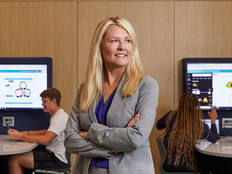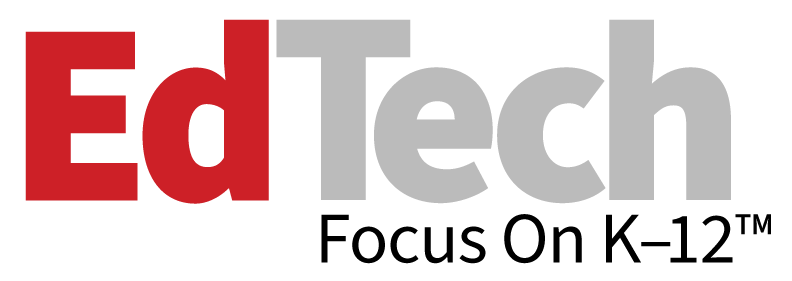The Role of Today's Librarian
Reading the Signs
The Role of Today’s Librarian
Nancy White

RAY NG
Teacher-librarians may be the most misunderstood of all educators. As the debate rages over how to reinvent schools to better prepare students for success in a digital world, teacher-librarians go about the business we’ve always been in: helping students learn how to learn. This is the heart of what teacher-librarians do. We have long understood that skills matter.
Knowing how to question, access, evaluate and use information, as well as communicate and apply it creatively is nothing new. But the landscape in which these skills are applied has become more complex. Whether the learning takes place in a physical or virtual world makes no difference. As the information landscape has evolved, the teacher-librarian has evolved as well to provide opportunities for students, staff and community members to fine-tune their information literacy skills, with the ultimate goal of preparing students for what most people would agree is an unknown future.
Teaching Teachers and Students
About 10 to 15 years ago, the first Internet-connected computers making their way into schools were located in the school library. Teacher-librarians embraced this new technology and often provided the vision, leadership and professional development for school staff to integrate it into the curriculum. Through our multifaceted roles as teachers, instructional partners, information specialists and program administrators, we continue to guide teachers as well as students to become confident and competent users of information and new technologies.
In today’s information landscape, which includes a wonderful array of Web 2.0 communication and creativity tools, it is evident that the skills students need for success are quite different from those taught in 20th-century schools. Teacher-librarians recognize this and have adopted a new role in the age of education reform: instructional coach.
The American Association of School Librarians recently released “Standards for the 21st-Century Learner” (www.ala.org/ala/aasl/aaslproftools/learningstandards/standards.cfm). These are not library standards — they are learner standards. They are a guide in creating a framework to help students learn how to learn — inquiry-based learning.
As instructional coaches, we guide teachers to create powerful learning experiences. This gives students authentic opportunities to learn and practice 21st-century information literacy skills connected with the standards-based learning that occurs in the physical or virtual classroom. Teacher-librarians have been leaders of Web 2.0 technologies. We help teachers adopt creative ways for students to express their learning using blogs and wikis. Tools such as del.icio.us are used to create electronic pathfinders, iGoogle to help students organize and efficiently access information, and Voicethread to share student-created book talks.
A question has been raised about the role a teacher- librarian plays in a virtual educational setting. Why should this role be any different than it has been? If anything, a student learning in a virtual world needs more guidance, especially in developing the vital skill of evaluating information. Wikipedia is one example of a popular research tool that sometimes provides biased or incorrect information. Teacher-librarians have the leadership skills, knowledge and passion to help learning come alive in a virtual setting.
What’s in a Name?
A principal recently inquired about changing the title of her school librarian to something that would describe her leadership and instructional role. She thought “librarian” sounded old-fashioned and sent a message of “keeper of books.” The title for the school librarian has evolved since the first appearance of school librarians in the early 1900s. “Media specialist” was in vogue in the early 1970s as School Library and Department of Audiovisual Instruction (DAVI) standards merged. Today, with the advent of technology and renewed emphasis on student learning, “teacher-librarian” is more widely used. Simply put, school librarians are teachers first.
Evaluating Information
A student is given an assignment to write a report about the Holocaust. He enters “Holocaust” into a search engine. The results vary, but some indicate doubt about the historical accuracy of the Holocaust or even whether the events really occurred. A teacher-librarian using formative assessment techniques during the research process would be aware of this and would work with the student to help him evaluate the information, compare sources and guide him through the critical-thinking process of determining the validity of his sources.







